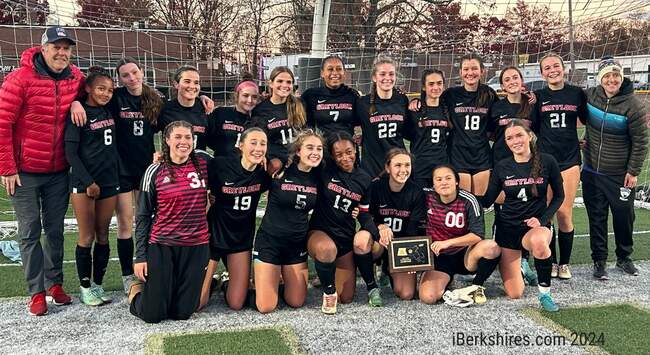Patrick Plans $128 Million in Local Aid Cuts
 |
The governor is expected to announce the mid-year cuts next week to close another $1 billion hole in the state budget. Chapter 70 education funds won't feel the knife in this round of reductions but will be level-funded in next year's budget.
"Funding Chapter 70 at [fiscal 2009] levels in the face of our current fiscal crisis is about ensuring that we don't sacrifice tomorrow's promise during today's downturn," Patrick said members of the association gathered for their annual meeting in Boston.
But the news isn't as good for municipalities' lottery aid and Additional Assistance, which with Chapter 70 funding make up the bulk of local aid. Overall, the $128 million mid-year cut represents 10 percent of those two local aid categories.
The national economic downturn has resulted in a loss of nearly $2 billion in state revenues this fiscal year and prompted the governor to make spending cuts last October. Local aid and Chapter 70 were saved by making deeper cuts in other state programs. However, economic conditions have rapidly deteriorated since then, requiring a second round of cuts that will have to include local aid, said the governor.
To soften the blow, Patrick said he would file a second Municipal Partnership Act that would allow cities and towns to collect 1 percent local meals and rooms taxes. He will also re-file his proposal to eliminate property tax exemptions for telecommunication companies.
"This plan gives Massachusetts cities and towns the tools to offset the short-term pain of the economic downturn while also laying a foundation for growth and revenue stability for the better days that are ahead of us," said Patrick. "If we cannot provide direct aid, let's at least untie the hands of local communities to capture the savings and raise the revenue within their reach."
While both proposals have MMA's backing, association members are also asking for reform of charter school funding (which Patrick has frequently sidestepped) and the power to modernize health plans — outside of collective bargaining.
The governor is countering with a proposal that sets the Group Insurance Commission as the gold standard for health insurances rates. GIC, which covers some 250,000 state workers, was opened to governing bodies two years ago in the first Municipal Partnership Act as a way for cities, towns and school districts to save costs.
However, few of the state's 351 municipalities have taken advantage of the offer and most public worker unions (with the exception of North Adams) have been leery of signing on.
The new act to be filed next week asks that managers and unions work together to meet insurance cost savings "as economical as GIC" or lose some fo their local aid. It would also reduce the union approval from 80 percent to 50 percent to facilitate entrance into GIC.















